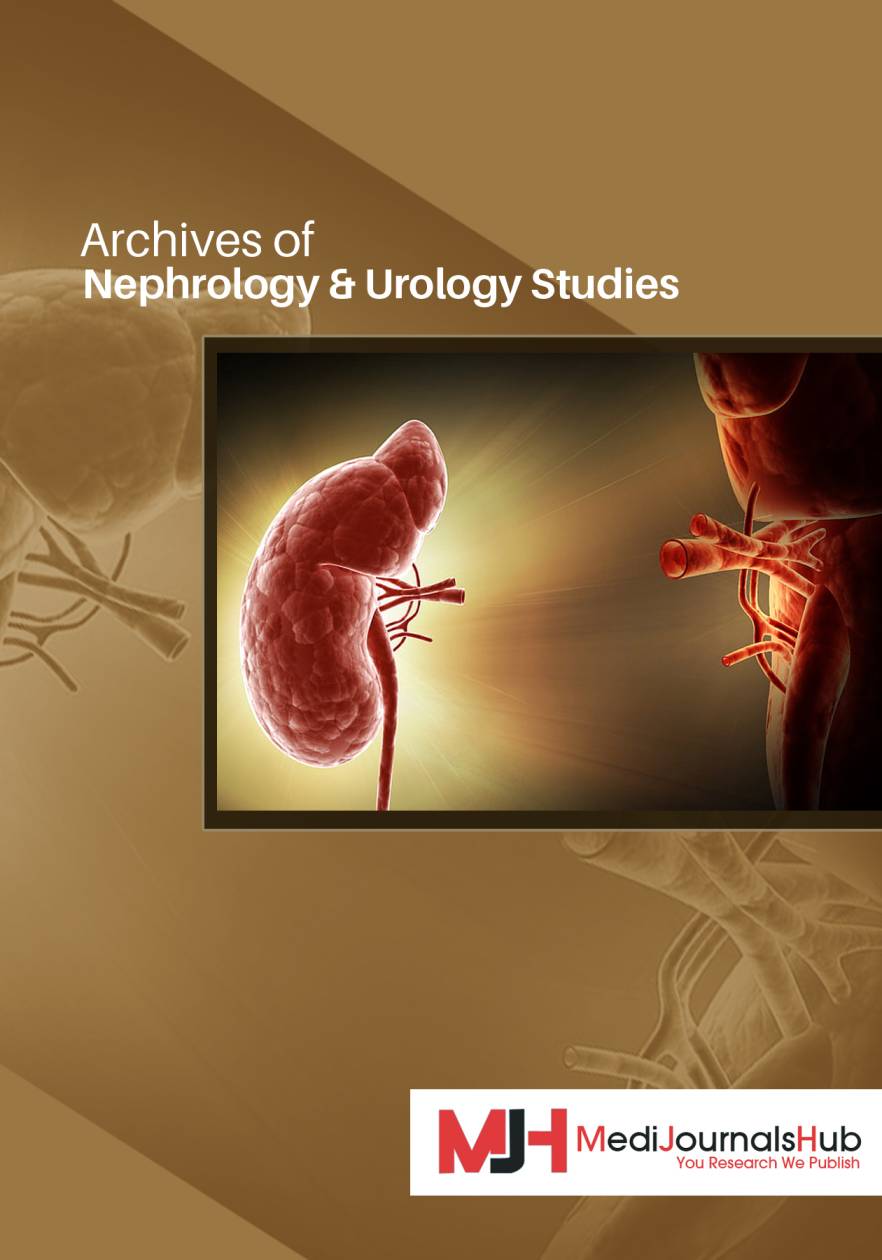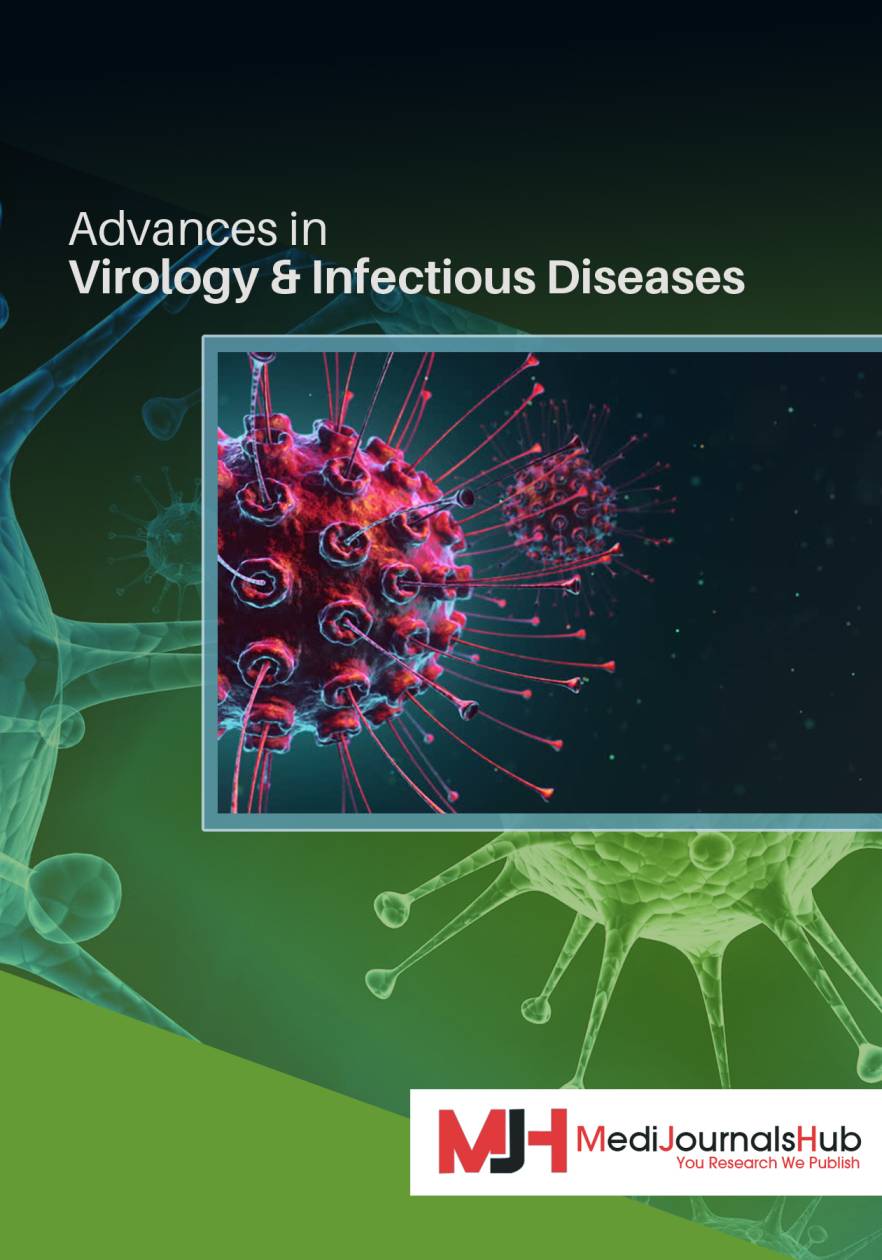- Open-Access Publishing
- Quality and Potential Expertise
- Flexible Online Submission
- Affordable Publication Charges
- Expertise Editorial Board Members
- 3 Week Fast-track Peer Review
- Global Visibility of Published Articles
What has Changed in the Management of Bladder Cancer in 2021?
Krishna Mohan Boopathy Vijayaraghavan*
Assistant Professor, Department of Urology, PSG Institute of Medical Sciences and Research, Coimbatore, India
*Corresponding Author:
Krishna Mohan Boopathy Vijayaraghavan, Assistant Professor, Department of Urology, PSG Institute of Medical Sciences and Research, Coimbatore, India, E-mail: krish.stanes@gmail.com
Received date: Novembet 11, 2021; Accepted date: December 21, 2021; Published date: December 28, 2021
Citation: Krishna Mohan Boopathy Vijayaraghavan. (2021) What has Changed in the Management of Bladder Cancer in 2021? Arch Neph Urol Stud. 1:04.
Copyright: © 2021 Krishna Mohan Boopathy Vijayaraghavan. This is an open-access article distributed under the terms of the Creative Commons Attribution License, which permits unrestricted use, distribution, and reproduction in any medium, provided the original author and source are credited.
Keywords
Bladder Cancer
Introduction
The novel coronavirus (COVID-19) has been ravaging the world ever since its discovery in December 2019. Patients undergoing cancer related treatments are considered a high-risk population due to the immunocompromised state which renders them highly susceptible to the COVID-19 infection and its complications [1,2]. Due to these unprecedented times for cancer patients there will be a potential negative effect on cancer detection and prognosis, which will give rise to increase in incidence of high grade cancers with higher morbidity and mortality [1]. There are rapid changes in the guidelines and treatment protocols of Bladder Cancer (BC) to get through this pandemic.
Changes in outpatient department and diagnostic protocols
The global change in the health care system in this pandemic is “ to reduce unnecessary hospital visits and to give priority to the susceptible population”. The priority in outpatient department (OPD) is being given to BC patients with new presentation locally advanced disease/ muscle invasive disease, rapidly progressing patients and patients presenting with bladder cancer related emergencies. In muscle invasive disease OPD based counselling of patients is now more focussed for potentially curative therapy rather than a staged one [2].
High priority for imaging in BC patients awaiting initial tumour staging, those with clinical progression on chemotherapy/ immunotherapy, restaging post-chemotherapy and for patients having relapse or BC related emergencies. Low priority is given to asymptomatic BC patients with low grade disease who are on surveillance post-resection, not requiring any adjuvant treatment [2].
Changes in treatment and intervention protocols
In Muscle Invasive Bladder Cancer (MIBC), deferral of neoadjuvant chemotherapy and proceeding with curative resection in this pandemic has its own advantages of avoiding six to nine weeks of immunosuppression (during which patient is susceptible to COVID-19 infection and its complications) and avoiding delay in dates for definitive treatment [1,2]. Radical cystectomy is being offered upfront for all young and fit patients. For locally advanced and metastatic BC, first line immunotherapy can be offered in PDL-1 positive where cisplatin is unsuitable and second line options include taxane-based regimens or atezolizumab. Role of adjuvant chemotherapy post-radical cystectomy is questionable considering the greater risk of death if infected with COVID-19 than the benefit offered by adjuvant treatment in patients aged more than 40 years of age [2]. However, in the present pandemic, the risk of death from hospital acquired COVID-19 infection are substantial for less fit and older patients, who often have significant co-morbidities and are at high risk of death from hospital acquired COVID-19 infections.
As randomised control trials are difficult in the present scenario, retrospective non-randomised trials have shown radical radiotherapy offers very similar cancer-specific outcomes compared to cystectomy despite minimal use of concurrent chemotherapy [2]. Intravesical BCG therapy has a higher risk of severe respiratory complications such as ARDS than other intravesical therapies, and its use in patients with COVID-19 should be carefully monitored [3]. In spite of the risks involved with BCG intravesical therapy, for all high risk non-muscle invasive bladder cancers(NMIBC) patients induction BCG should be maintained with the exception of patients infected with COVID-19, for whom BCG installations should be delayed by three weeks. Intravesical BCG therapies that have been ongoing for more than one year can be safely terminated for NMIBC patients [4].
COVID-19 vaccination and bladder cancer
Cancer patients tend to have more severe COVID-19 infections with higher morbidity and mortality compared to general population. So it is advised that all cancer patients are vaccinated (two doses) to reduce the severity of COVID-19 infections. The seroconversion rates for cancer patients after vaccination is lower compared to general population and a booster dose might be beneficial in them, but further randomised control trials are necessary to ascertain a definite benefit [5]. There is no evidence to suggest that COVID-19 vaccines significantly impact the efficacy or safety profile of anti-cancer therapies, including cytotoxic chemotherapy, immune checkpoint inhibitors or targeted therapies; therefore, COVID-19 vaccination is strongly recommended [5,6].
Conclusion
The change post pandemic is inevitable and a practical prudent multimodality approach must be used to manage BC patients for better cancer related outcomes.
References
01. Sarkis J, Samaha R, Kattan J, Sarkis P. Bladder cancer during the COVID-19 pandemic: The calm before the storm? Future science OA. 6(8): FSO615 (2020).
02. Patel K, Choudhury A, Hoskin P, Varughese M, James N, et al. Clinical guidance for the management of patients with urothelial cancers during the COVID-19 pandemic-rapid review. Clin Oncol. 32(6): 347-53 (2020).
03. Leeson CE, Ismail A, Hashad MM, Elmansy H, Shahrour W, et al. Systematic review: Safety of intravesical therapy for bladder cancer in the era of COVID-19. SN Compr Clin Med. 1-5 (2020).
04. Lenfant L, Seisen T, Loriot Y, Rouprêt M. Adjustments in the use of intravesical instillations of bacillus calmette-guérin for high-risk non-muscle-invasive bladder cancer during the COVID-19 pandemic. Eur Urol. 78(1): 1-3 (2020).
05. Thakkar A, Gonzalez-Lugo JD, Goradia N, Gali R, Shapiro LC, et al. Seroconversion rates following COVID-19 vaccination among patients with cancer. Cancer Cell. 39(8): 1081-1090.e2 (2021).
06. Oosting S, Van der Veldt AAM, GeurtsvanKessel CH, Fehrmann RSN, van Binnendijk RS, et al. LBA8 vaccination against SARS-CoV-2 in patients receiving chemotherapy, immunotherapy, or chemo-immunotherapy for solid tumors. Ann Oncol. 32: S1337 (2021).





